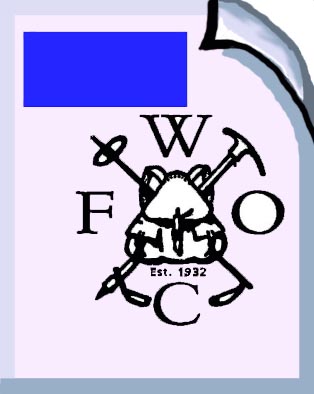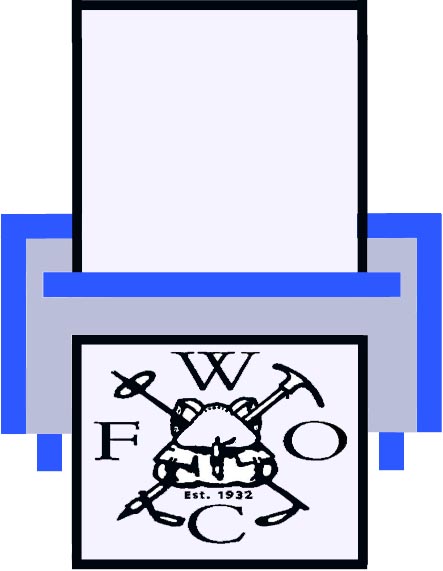
RESOLUTIONS
2007 resolution #17
Home
About the FWOC
Join the FWOC
Member Organizations
Adopted Resolutions
Outdoors West
Officers
Current List of Conservation Developments with Bush Administration
History
Policy Summary
Convention Schedule
Related Links
Site Map
FEDERATION OF WESTERN OUTDOOR CLUBS
next
>>
|
|
 SALVAGE
LOGGING FOLLOWING CATASTROPHIC WILDFIRE
SALVAGE
LOGGING FOLLOWING CATASTROPHIC WILDFIREBackground:
Until recently, it has been assumed that the fastest and most effective technique for restoring forests that have been subjected to catastrophic wildfire is to remove all merchantable dead and dying trees, followed by replanting.
Recent scientific studies of forest recovery have indicated that salvage logging and replanting have, in many cases, not been the most effective way to restore catastrophically burned forests. The Biscuit fire of 2002 in Oregon has been investigated by studies to evaluate forest recovery techniques.
One study, released in 2006, comparing logged to unlogged plots, showed that seedling survival in unlogged plots was significantly greater. Furthermore, the finely divided, more flammable fuels created by logging slash were much heavier in logged versus unlogged plots three years after the fire.
More recently, another study was published comparing the effects of the Biscuit Fire on logged and unlogged areas following a previous fire that burned in the same area in the 1980s. That study showed that the Biscuit fire burned with a significantly greater intensity where salvage logging occurred (followed by plantations) than areas that had been allowed to recover naturally.
These studies did not find that all salvage logging was inappropriate. They did, however, show that natural recovery following catastrophic wildfire is often more effective in restoring burned forests than salvage logging.
Resolution:
The Federation of Western Outdoor Clubs calls for more careful study of methods to restore forests subjected to catastrophic wildfire than simply assuming that salvage logging, followed by replanting, is the best and only way to accomplish fast and effective recovery. Political and economic motives associated with salvage logging should never be allowed to overrule the need to restore ecological integrity, forest health and resilience following wildfire.
next >>
